A Moment of Happiness – Love Poem by Rumi
Rumi’s love poems continue to inspire us after centuries. In his poem, ‘A Moment of Happiness’, Rumi writes about that deep and profound connection we experience with our soulmates.
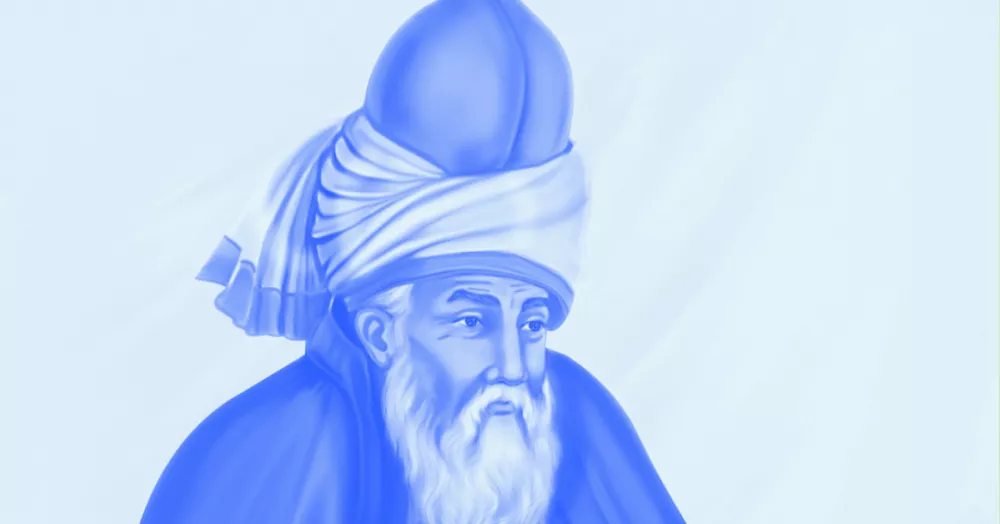
We may be divided by borders, religion, and language but the one thing that unites us all is the magic of art. Literature has the power to stir minds, inspire the dejected, instill spirits of jingoism in the hearts of devoted citizens, and to even force tears down the cheeks of many.
The Persian poet Rumi is an example of how literature can transcend both time and borders. The effect of his work is a true representation of the power of poetry and literature. His love poems breal all the barriers of humanity.
His words, full of love lifts our spirits and calms (sometimes strokes) that burning fire of longing within us. Rumi's love poems touch our souls in such a way that it breaths new life in us. It is not uncommon to have tears in our eyes after we finish reading his love poems.
The Love Poem
A moment of happiness, you and I sitting on the verandah, apparently two, but one in soul, you and I. We feel the flowing water of life here, you and I, with the garden's beauty and the birds singing. The stars will be watching us, and we will show them what it is to be a thin crescent moon. You and I unselfed, will be together, indifferent to idle speculation, you and I. The parrots of heaven will be cracking sugar as we laugh together, you and I. In one form upon this earth, and in another form in a timeless sweet land.
The Essential Rumi
Born on the 30th of September 1207, Jalāl ad-Dīn Mohammad Rūmī (Jalaluddin Rumi) was a famous Persian poet and a Sufi leader of the 13th century. Rumi was born in the Balkh region which is in today's Afghanistan.
Rumi is more popularly known as Mawlana among the countries of Arabic influence, in specific Turkey and Iran. The term ‘Mawlana' refers to ‘Master' and was given with endearment to Rumi for his teachings and leadership.
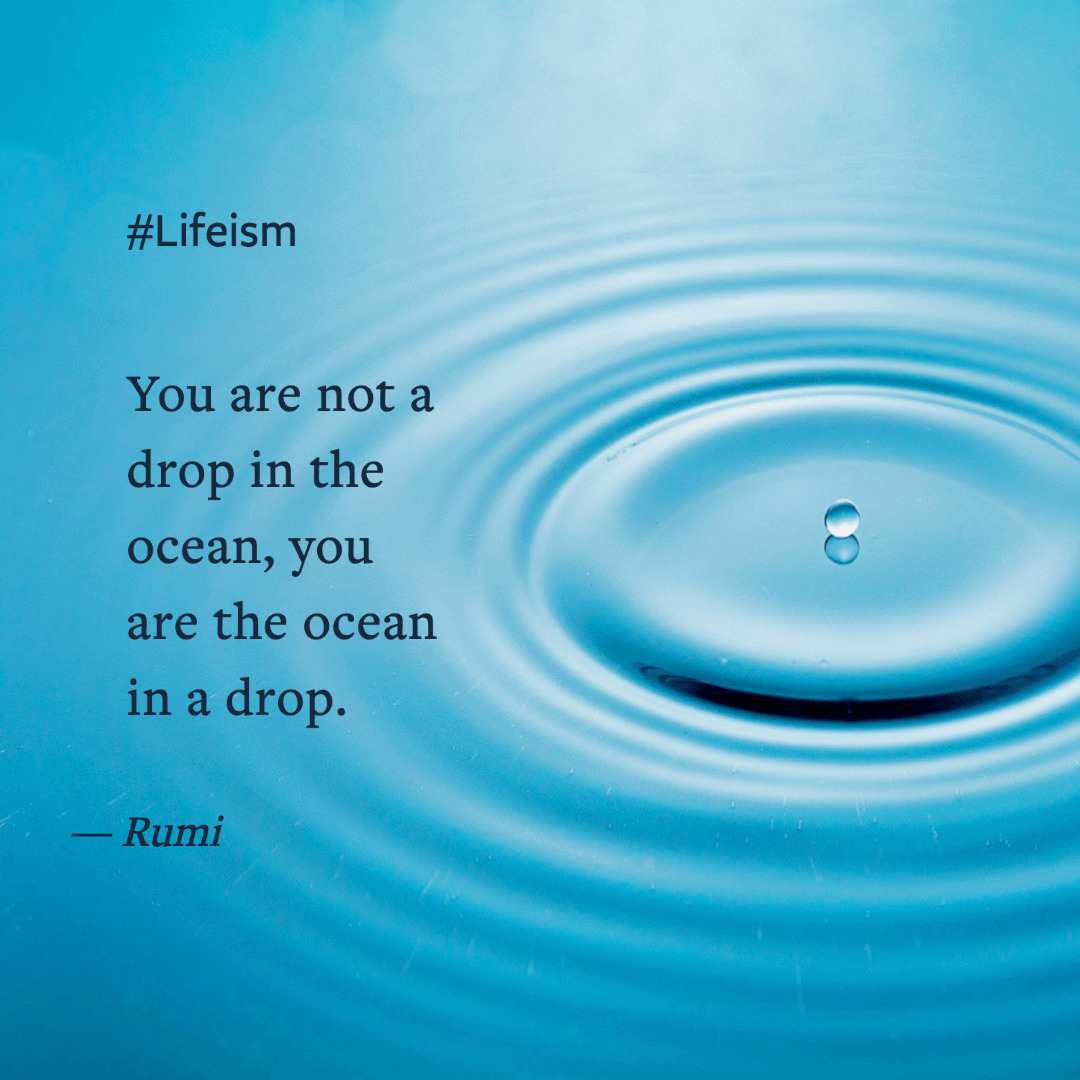
Rumi was keenly interested in spirituality, religion, art, literature, and philosophy from an early age. He had visions and goals of his own and had a keen sense of purpose.
His disciples often refer to him as a mystic, poet, and spiritual teacher. 700 years later, Rumi still has a large following all over the world and his teachings continue to be passed down from generation to generation.
The Literature of Rumi
Rumi'swork has not only been prevalent for centuries together but has also been translated into multiple languages over the centuries.
Rumi's writings took off in the year 1248 after the death of his dear friend Sham. He poured out his heart and overcame his misery through his writings. Over 40,000 verses were a by-product of his mourning.
Reading is a privilege. Often, we take this gift for granted. Here are some quotes and images for book lovers to appreciate the magic of reading.
lifeism.coHis deep interest in the philosophies of life that he had explored via his Sunni learnings, is reflected in his writings. The world best knows him for the famous Rumi love poems, soulmate poems, and his Islam poetry. The Rumi books and literature mainly cover subjects such as love, spirituality, Sunni and Islamic teachings, and the miseries of life.
How you love yourself is how you teach others to love you. Rupi Kaur beautifully strings together words that will remind you to love yourself.
lifeism.coSome of Rumi's best works are – Divan-e-Shams-e Tabrizi, Masnavi-ye Ma'navi, Maṭnawīye Ma'naw, The Love Poems of Rumi, Teachings of Rumi, and Essential Rumi. Rumi's writings are still adored by people all around the world and will continue to provide valuable insights for centuries to come.
The charm of his work is that it transcends time. Rumi's work was never based on specific events pertaining to his days of living. They were about deep philosophies of life, which is what makes these writings relevant today as well. Known for his poetry, the beauty of his verses is the ability to captivate the readers in small, simple words.
A soulful curation of romantic love poems by Rupi Kaur that tugs the strings of our hearts. Accompanied by visuals from the queen of #instapoetry herself.
lifeism.coOne of the most cherished love poems by Rumi, ‘A Moment of Happiness' deals with these topics and conveys a valuable message to us all. Let's see what this beautiful poem is all about.
Poem Analysis
Originally written in Persian, this poem has been translated into various languages, including English. Coleman Barks has translated several of his poems from Persian to English. This particular poem is not just a love story or a poem about love and happiness. It is a poem about the divine connection, our own beauty, and unity of human souls.
In this poem, Rumi narrates the intense emotions of two souls when they are in love with each other. He frames love as a wonderful phenomenon and every line of the poem gives us an insight into how a couple feels when in love.
What's beautiful about this poem is that it makes us all feel. The choice of words, the analogies, and the metaphors make the poem an absolute delight. This small love story in the poem is a wonderful representation of desire and joy.
Poem Explanation
The poem begins by describing a moment that two lovers share while they are sitting on the veranda of their house. At this moment, they feel so happy that it almost feels like they are a part of each other.
First Para
A moment of happiness, you and I sitting on the verandah, apparently two, but one in soul, you and I.
The lovers seem to be so well connected with each other that it almost feels like they are living in the same body as their beloved. Rumi uses the phrase, ‘apparently two, but one in the soul' beautifully. He uses this phrase to describe the intensity of emotions and the passion that the couple feels for each other.
Have you ever met someone, and it feels like you already know them? We've all had those magical encounters when we connect with people to such a great extent that we know exactly what is going on in their minds and it feels like we are one with them.
This may be for any type of relationship, be it with family, friends, or lovers. We are all entities of the vast universe. We are one with the universe and one with each other. Rumi makes a lovely spiritual reference to that thought in these lines.
Michael Bernard Beckwith’s four stages of consciousness and spiritual growth are explained for well-being and personal development.
lifeism.coSecond Para
We feel the flowing water of life here, you and I, with the garden’s beauty and the birds singing.
While the lovers are with each other, they feel so happy that everything around them seems even more beautiful and full of hope. It is said that love can change a person for the better.
When in love, people are happier, and they start observing the good in everything around them. It's almost like a trance. The lovers start to observe their surroundings in a more meaningful way. The chirping of the birds and the flow of the water seem beautiful than ever.
The flow of water is a metaphor for the flow of life here. Water has its own flow depending on the terrain around it and other seasonal circumstances. It can either be gentle or rapid, dry or fast. Just like the flow of water has its own phases, so does life.
We may not notice these changes consciously all the time. However, when in love, the couple can feel every phase of life and every emotion more intensely. They live strongly in every moment. This is the power of love.
The state of flow is studied by many psychologists and touted as a powerful indicator of overall wellbeing. So, what is the state of flow? Let’s dive deeper.
lifeism.co Third Para
The stars will be watching us, and we will show them what it is to be a thin crescent moon.
Rumi compares pure love to a crescent moon here. We see a crescent moon, but the moon is whole, just not visible to others. In the same way, even though the two lovers appear as two different people, they are just a physical illusion for lovers. In reality, there is a perfect union of the lover's souls, and they are one. Even though others don't perceive it that way.
Another way to interpret this paragraph is that true love is compared to a crescent moon. It may not be perfect or may not seem ‘whole' but it is still beautiful no matter what. Love is never perfect; nobody is perfect and nothing in the world is perfect.
But even in its imperfection, and even though it does not seem ‘whole' the crescent moon is perfect. Just like the relationship of lovers.
Rumi poems are famous for its duality. We can find new meaning in his poems every time we read them. He creates several versions of reality in his poetry and we discover a new world in his poems every time we read them.
Fourth Para
You and I unselfed, will be together, indifferent to idle speculation, you and I. The parrots of heaven will be cracking sugar as we laugh together, you and I.
These lines further describe the beauty of the sensation of love. The lover says that he feels connected to his love, so much so that the idle speculation and whereabouts of the world don't seem to matter when they are together.
For the lover, the comments of other people do not matter, the only thing that matters is their love for each other. Everything around them feels so lovely and sweet that it feels like the parrots from heaven are showering them with spells of sugar. This again is a metaphorical representation of how love makes one feel good and how love can make everything around us seem beautiful.
Relationships require time, dedication, and work. If your relationship has been rocky lately, here are seven things you can do to course-correct.
lifeism.coThe Final Few Lines
In one form upon this earth, and in another form in a timeless sweet land.
These lines that come at the end of the love poem are beautiful. Here Rumi talks about two worlds – one on this earth and the other of love.
True love is an emotion that can get two hearts to beat together, it can bring people closer, and it leaves its marks on earth forever. True love is something that transcends time and space and sees no ‘ifs' and ‘buts'.
For lovers, no matter where they are, whether that is on earth or any other celestial plane or anywhere in the world; and no matter what time it is, they will always love each other. Love is love, no matter where and when. True love always wins against all odds of time and space. True love ignites that burning fire in the lovers when apart and when they finally meet, the two souls that were already connected, become one even in the physical world.
Romantic relationships can change us completely, either for the better or the worse. Here are some signs of a healthy relationship.
lifeism.coFinal Thoughts
Rumi is a genius. His way of conveying the strongest ideas through the simplest of words is what captivates his readers. "A Moment of Happiness" is a poem about unconditional and true love that has no boundaries.
A simple love story about two lovers. The refrain of the poem ‘you and I' is a reassertion of the importance of the relationship between the two lovers.
The poem is translated into English, but the beauty is that despite the translation, it conveys the message with absolute precision. The essence and the teachings of the poem still remain intact. The use of metaphors and references is what adds a greater charm to the poem and helps us all feel the love even more.

The poem arouses intense emotions as we are introduced to a whole new aspect of love and happiness. Rumi quotes throughout the poem shows us the beauty in our relationships if we choose to nurture them and truly care for our beloved.
Even though Rumi may not be there physically with us today, his teachings, his art, and his literature will forever stay with the generations to come.
Rumi Love Poem Downloadable File
If you love the poem as much as we do, feel free to download this file. We created this so you can easily print this on letter-sized paper.
Click to Download Rumi Love Poem - Lifeism
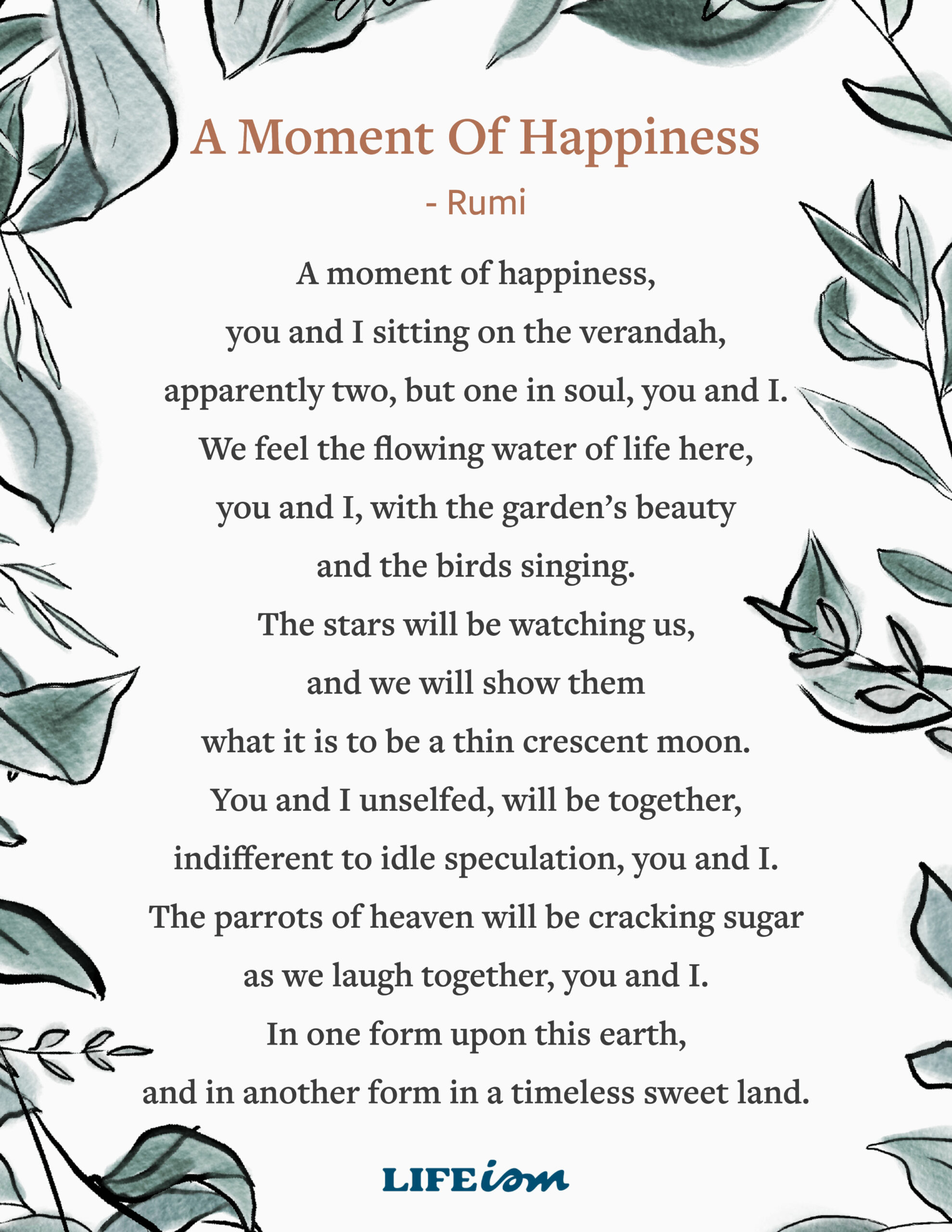




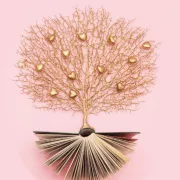
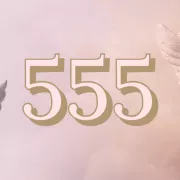
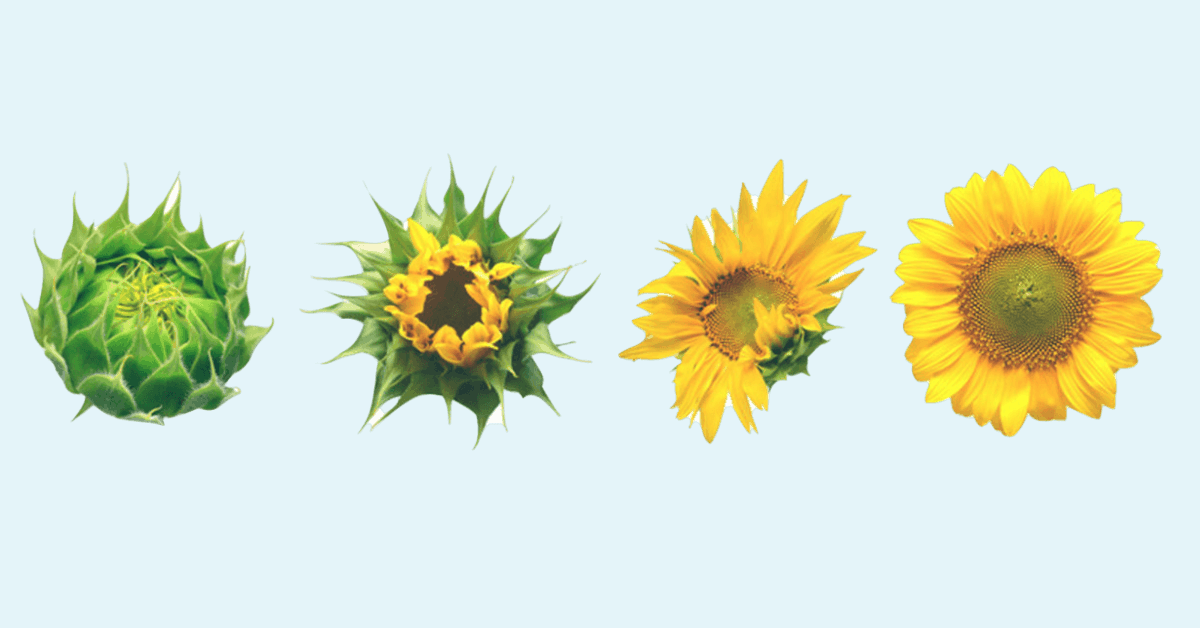


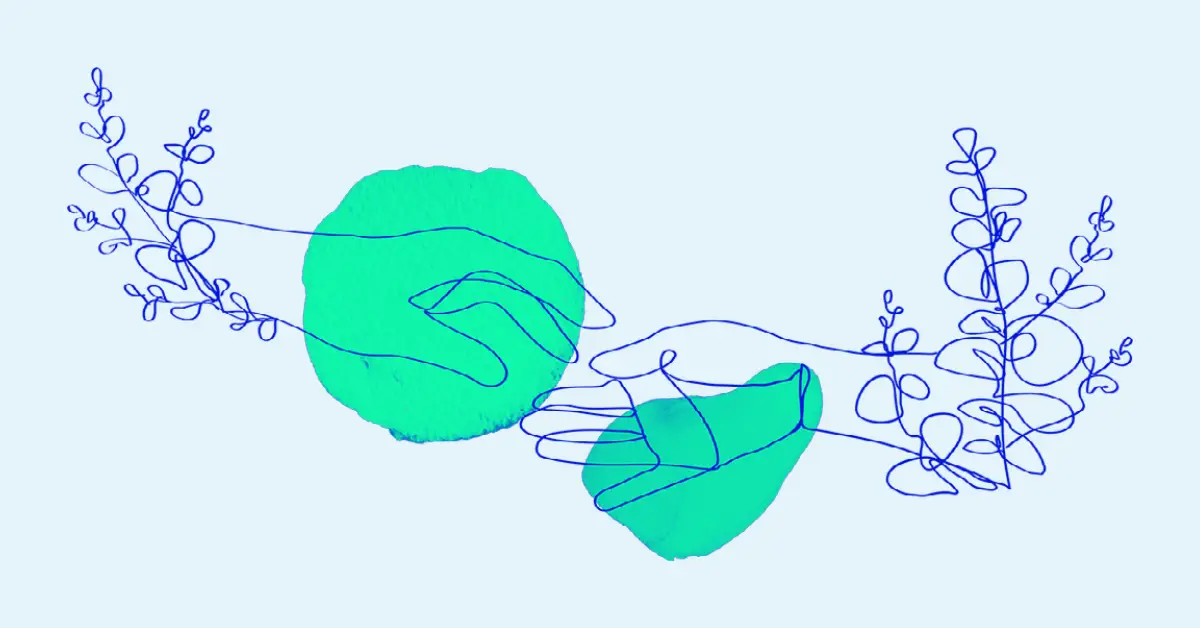



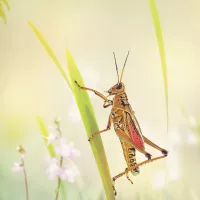

Comments